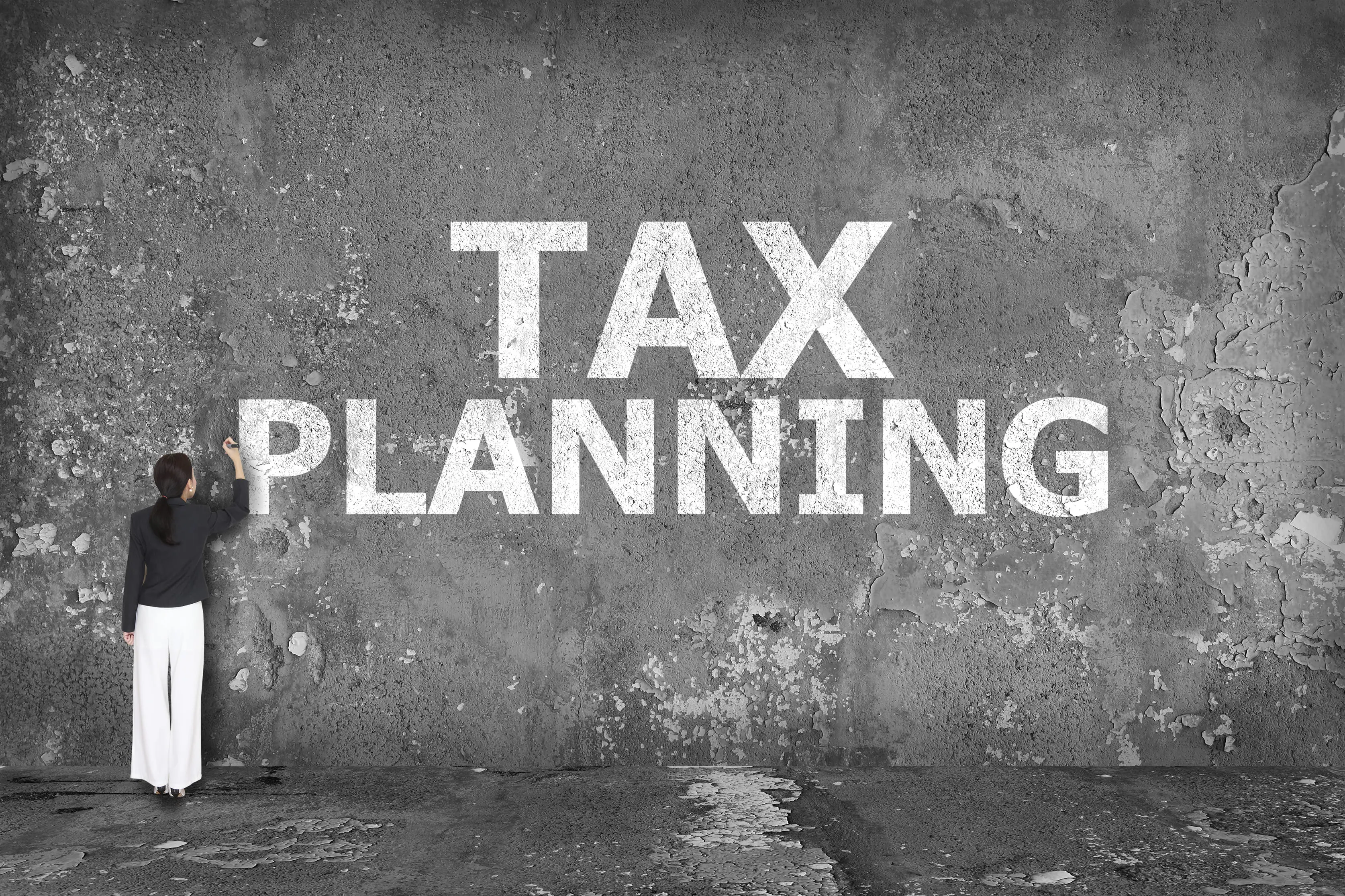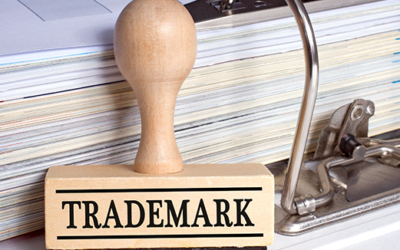If you are an owner of a multi-member LLC and being taxed as a partnership then it’s time to revisit your Operating Agreement. Not sure if you are taxed as a partnership? Most LLCs with more than one partner are.
Bipartisan Budget Act of 2015 (BBA)
You may be wondering, why am I writing about a law signed in 2015 when it’s already 2019? It’s a little-known rule that didn’t get much publicity and only took effect on January 1, 2018. It’s coming up now that multi-owner LLCs are preparing to file their 2018 tax returns.
What does it change?
Before the BBA, the Tax Equity and Responsibility Act of 1982 (TEFRA) audit procedure required the IRS to perform audits at the LLC/partnership level. If there were any adjustments to be made, they would be passed through the LLC and collected from the partners.
After the BBA, the IRS will collect any amounts owed directly from the LLC, rather than the individual members. This makes it easier for the IRS to collect amounts owed. The IRS no longer has to chase down individual owners to collect their share of the tax underpayment. The IRS can now collect the money directly from the LLC and leave it up to the LLC to collect a reimbursement from the members themselves.
What effects does this have?
If the LLC is audited and there are amounts due to the IRS, the LLC will pay the deficit and the LLC will have to try to collect from the members individually. This also means that the current members may wind up with the tax liability burden from prior years even if that partner was not a partner for the year audited. Also, the IRS will use different factors to determine the interest rate for the tax underpayment which will likely lead to a much higher tax rate for the year under audit.
Furthermore, under TEFRA, the IRS was required to notify all partners of the LLC. Under the BBA the IRS will only communicate and deal with the Tax Partnership Representative, who will have the authority to bind the partnership and its partners.
For example, let’s say John and Mary start a business in 2015, Mary sells her shares to Jane in 2016. The IRS then audits the LLC in 2019 and finds a tax deficit from 2015. Mary and John have already received their income from the LLC for 2015. But it’s not Mary and John who will owe the back taxes for that year being audited. Under the BBA, the tax deficit will be due from the LLC in 2019 and thusly the owners in 2019, John and Jane.
What can be done?
There are two steps to take to undo the effects of the BBA, first is to update your Operating Agreement for the LLC. The Operating Agreement can be amended to elect a tax representative from the LLC and to make the LLC go back to the old rule under TEFRA. Secondly, the LLC should, each and every year, opt out of the BBA requirements on its tax return.
Don’t have an Operating Agreement? You really do need one. Running an LLC without an Operating Agreement is risky. What better time than now to make sure you get that up to date.
Give AMC Legal a call today to make sure you’re covered.
Need Help? Get In Touch.
Dr. Allison Cychosz
AMC Legal, P.C.
(630) 590-3640
info@amclegal.net
Please call for a free consultation
This is not legal advice and you should seek the counsel of an attorney.







0 Comments